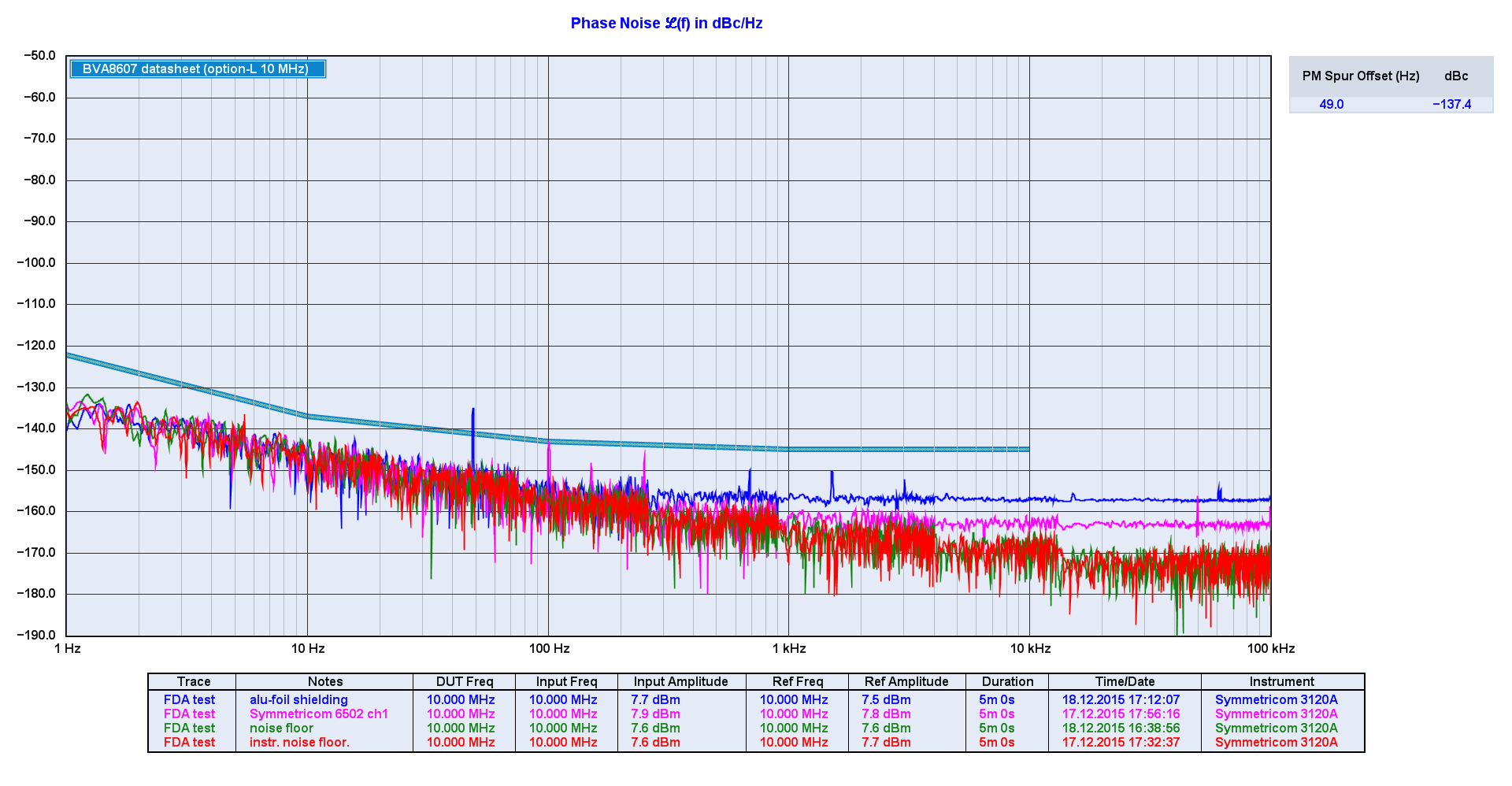Shtampi Dlya Chercheniya A3 I A1

72:11 A person is obligated to finish reviewing the weekly Torah portion, along with the public Torah readings. He should go over it each week twice in the original Hebrew and once in the Aramaic translation of Onkelos (shnayim Mikra v’echad Targum). The earliest time to begin reviewing the parsha is Sunday, the community having already started the coming week’s parsha in shul on Shabbos afternoon, although the optimum time is on Friday afternoon. A person should read each paragraph twice in the original Hebrew, followed by its Aramaic translation. Even if a paragraph ends in the middle of a verse, one should stop there and read the translation.
(Mishnah Brurah 285:2 cites other opinions. Scania 124 420. One says to read each verse twice, followed by its translation; another says to read the entire parsha twice, then the Targum.
He concludes that a person may follow any of these opinions.) At the end, after reading the translation, one should read a verse in the original Hebrew so that he finishes with a verse from the Torah. It is preferable not to interrupt one’s review of the parsha with conversation. Some have the custom also to review the week’s Haftarah reading, while others have the custom to also recite Shir HaShirim (Song of Songs). If a person is traveling and he only has a Chumash without Onkelos, he should read the Hebrew twice and add the translation of Onkelos later, when he is able.
New at Kliyat Chamama: pitot, jachnun, melawach, rolls and bread - all gluten free! Gluten-free herbs and spices (Badatz Eda Charedit), gluten-free nuts and seeds, both roasted and non-roasted (Badatz Bet Yosef). Gift packages made up according to customer's choice! 31 more pictures.
It is also proper to study Rashi’s commentary on the parsha. If one is not fluent in Hebrew, it is advisable to study material on the parsha in one’s native language. (The Shulchan Aruch permits one to review the commentary of Rashi in lieu of the Targum, though those who are able to do so should optimally review both – OC 285:2.) 72:12 It is a mitzvah to bathe on Friday in honor of Shabbos. If possible, one should bathe in hot water and also immerse himself in a mikvah. (If one will not be able to bathe or to get a haircut on Friday, he may do so on Thursday – or as close to Shabbos as possible – in honor of Shabbos – MB 260:5.) • •.